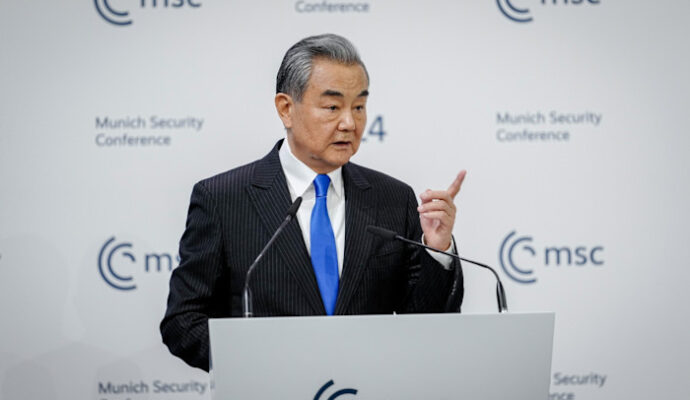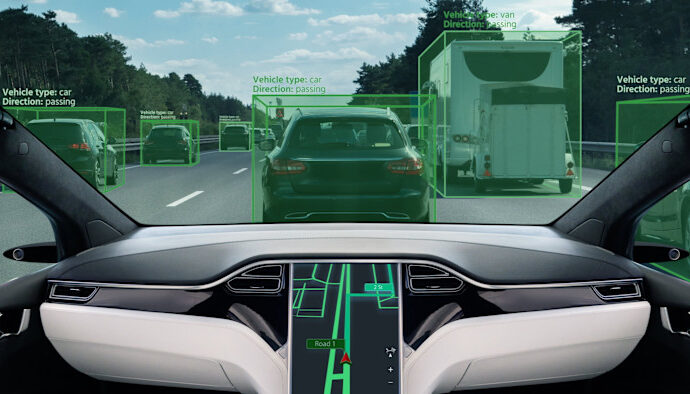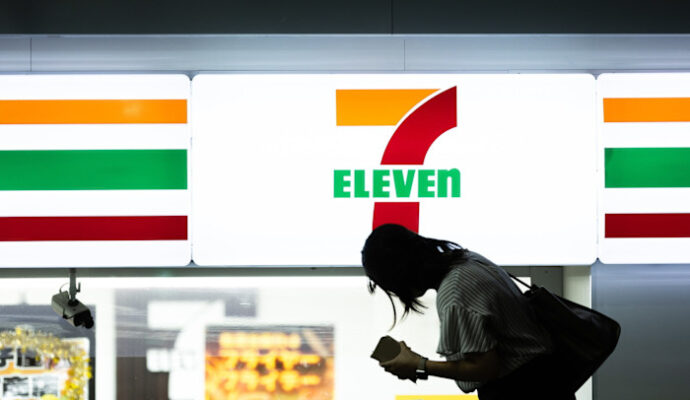Unlock the White House Watch newsletter for free
Your guide to what Trump’s second term means for Washington, business and the world
A new US-UK technology partnership is essential to stopping China from achieving technological dominance over the west in crucial fields such as artificial intelligence, quantum computing and biotechnology, the UK’s ambassador to the US has warned.
Lord Peter Mandelson said that if China won the race for technological supremacy in the coming decades it would affect “every facet of our lives”. He compared a planned tech pact with the US to the cold war treaties that created the London’s uniquely close security ties to Washington.
“Only America has the capability, wealth and determination to compete with China technologically,” he said in a lecture on the future of the UK’s post-Brexit relationship with America on Saturday.
He added that the US and UK must “must combine the formidable assets at our joint disposal” to win the race against Beijing.
Mandelson, a Labour grandee appointed as ambassador to Washington by UK Prime Minister Sir Keir Starmer last December, set out a stark vision of America “locked in a strategic rivalry” with China, a country he described as “the most formidable modern competitor” the west has ever encountered.
London is hoping to sign a memorandum of understanding with Washington on a technology partnership when US President Donald Trump embarks on a three-day state visit to the UK this month.
Few details are available, but officials said the pact would create “complementary partnerships” across AI, quantum computing, defence innovation and civil nuclear energy that would be needed to power advanced computing economies.
Mandelson said the envisaged partnership should become as significant as the 1958 Mutual Defence Agreements that were spurred by the Soviet Union launching its Sputnik satellite and the subsequent nuclear agreements that Harold Macmillan negotiated with John F Kennedy.
“The choice before us is stark and urgent,” Mandelson told an audience at Ditchley Park, the Oxfordshire-based foundation for transatlantic relations. “The Atlantic alliance must evolve to meet the greatest challenge of our age: keeping ahead in the global technology race.”
Britain became the first country to sign a “liberation day” tariff reduction deal with Trump in May, which offered discounts to tariffs on cars and steel, on the condition that the UK met “US requirements” to exclude China from strategic supply chains.
Mandelson did not provide details of whether a technology partnership with the US would also come with demands to follow the US lead in excluding China from technologies such as autonomous vehicles and mobile telecommunications.
UK government officials said that Mandelson’s binary approach to the tech race against Beijing was compatible with the government’s desire to “collaborate” with China in non-sensitive areas, while “contesting and competing” in strategic sectors.
However, Starmer faces an imminent test of where the line should be drawn. A decision looms over whether the UK should allow one of China’s largest wind turbine makers to supply North Sea wind farms — a deal the Trump administration has raised concerns about.
Mandelson also indicated that the UK must use its Brexit freedoms to embrace a more liberal, US-style approach to tech regulation and not allow future technologies to be “stifled with excessive regulation”, such as the EU’s data protection regulations and AI Act.
The Trump administration has threatened the EU and UK with tariffs if they do not loosen their tech taxes and online regulations. But Mandelson said that while Brexit had left Britain economically “squeezed” between the world’s three great regulatory blocs — the US, the EU and China — it had also fundamentally “altered our geopolitical options”.
“Brexit has freed us to pursue closer US ties,” he added, arguing that predictions that Brexit would leave the UK with less clout in Washington had “turned out to be false”.
Having been sent to Washington to charm Trump, Mandelson said that it was possible to be “respectful without being sycophantic”.
He praised the US president for his efforts to resolve conflicts in Ukraine and cited his interventions in “multiple spheres of conflict” as evidence that Trump was not as “indifferent to the world” as sometimes portrayed.
He concluded that Trump, for all his mercurial style, was not responsible — as was often claimed — for shattering the postwar order, but was rather “more consequence than cause” of a geopolitical upheaval that has been under way for some time.
“He will not always get everything right but with his Sharpie pen and freewheeling Oval Office press sprays he has sounded a deafening wake-up call to the international old guard,” he said.


